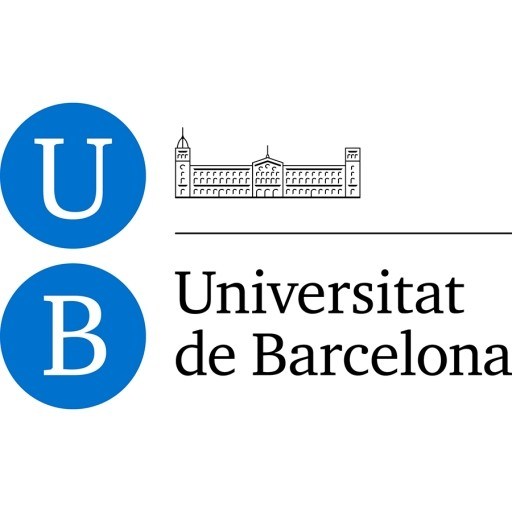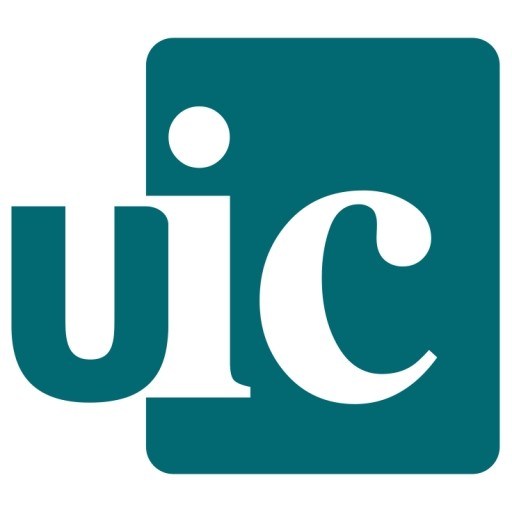Photos of university / #unibarcelona
Construction and Representation of Cultural Identity is an interdisciplinary academic program offered at the University of Barcelona that explores the complex processes through which cultures construct, negotiate, and express their identities. This program provides students with a comprehensive understanding of the historical, social, and cultural factors that influence identity formation across diverse societies. Through a combination of theoretical frameworks and empirical studies, students will examine how cultural narratives are constructed and represented in various mediums, including literature, art, media, and public discourse. The curriculum emphasizes critical analysis of cultural symbols, practices, and expressions, fostering an awareness of the dynamic nature of identity in a globalized world. Participants will also investigate the role of cultural heritage, memory, and translation in shaping collective identities, as well as the political and social implications of cultural representation. The program encourages students to critically engage with issues of cultural diversity, multiculturalism, and identity politics, preparing them for careers in academia, cultural policy, media, museums, and international organizations. By combining theoretical knowledge with practical research skills, graduates will be equipped to contribute meaningfully to the understanding and promotion of cultural diversity and intercultural dialogue. The university's faculty comprises experts in anthropology, sociology, history, cultural studies, and related fields, ensuring a multidisciplinary approach to the subject matter. The program's flexible structure allows students to tailor their studies according to their interests, with opportunities for internships and collaborative projects with cultural institutions. Overall, Construction and Representation of Cultural Identity at the University of Barcelona aims to foster critical thinking, cultural awareness, and active engagement with the issues relevant to cultural identity in contemporary society, preparing graduates to become thoughtful professionals and informed citizens in a multicultural world.
The syllabus is designed to provide the foundations for specialization in the field of intercul-tural and gender studies. Students must complete a total study load of 60 credits, distrib-uted as follows:
- 2 compulsory subjects: These provide the core content for all students and give a gen-eral overview of intercultural and gender studies.
- 2 specific subjects for the chosen specialization: The 2 specializations give students the chance to examine the specific aspects of either gender studies or intercultural studies in greater detail.
- 4 optional subjects: Each student selects from a common group of optional subjects that have been designed to cover important aspects of the two specializations as well as re-flecting the importance of studying literature on the subject in its original language, which is crucial to understanding the underlying identities.
- Final Project
Requirements
- An official Spanish degree.
- A degree issued by a higher education institution within the European Higher Education Area framework that authorizes the holder to access university master's degree courses in the country of issue.
- A qualification from outside the framework of the European Higher Education Area. In this case, the qualification should be recognized as equivalent to an official Spanish degree. If it is not recognized, the University of Barcelona shall verify that it corresponds to a level of education that is equivalent to official Spanish degrees and that it authorizes the holder to access university master's degree courses in the country of issue. Admission shall not, in any case, imply that prior qualifications have been recognized as equivalent to a Spanish master's degree and does not confer recognition for any purposes other than that of admission to the master's degree course.
- EHEA bachelor's degree in English, Arabic and Hebrew, French or modern language and literature.
- Pre-EHEA bachelor's degree in German, English, Arabic, French, Galician and Portuguese, or Italian.
- Bachelor's degree or equivalent undergraduate degree in other languages (Catalan, Classics, Spanish or Romance Languages) or in literary studies.
- Bachelor's degree or equivalent undergraduate degree in humanities.
- Foreign degree qualification equivalent to one of these degrees.
- Academic record for previous studies
- Statement of interest
- Curriculum vitae
- Students who wish to take the subjects that are taught in English must have English language skills equivalent to at least level C1 in the Common European Framework of Reference for Languages.
Scholarships
- General grant
- Mobility grant – Erasmus
- UB collaboration grant
- Departmental collaboration grant (MECD)
- MAEC-AECID grants
- Financial aid for participation in international mobility programs
- UB grants for exchanges with foreign universities
- UB grants for Els Juliols summer courses
- Drac Program grants
- Ajuts de matrícula per als estudiants amb circumstàncies personals sobrevingudes
The "Construction and Representation of Cultural Identity" program at the University of Barcelona offers students an in-depth exploration of how cultural identities are constructed, expressed, and maintained through various media and practices. This program aims to provide a comprehensive understanding of the historical, social, and artistic processes that shape cultural identities across different societies and communities. Students will examine the ways in which cultural narratives are created and disseminated through visual arts, literature, media, architecture, and other forms of cultural expression. The program covers key theoretical frameworks in cultural studies, anthropology, and sociology, enabling students to critically analyze the dynamics of cultural identity formation and transformation in a globalized world.
The curriculum includes courses on ethnography, cultural history, semiotics, and media analysis, which are complemented by practical workshops in cultural documentation and representation. Students are encouraged to engage in fieldwork, study trips, and collaborative projects with local communities to gain hands-on experience in cultural research and interpretation. The program also emphasizes the importance of intercultural dialogue and the role of cultural policies in fostering diversity and inclusion. Graduates will be equipped with skills useful in careers related to cultural management, museums and heritage sites, media production, international cooperation, and academic research. The University of Barcelona’s faculty comprises experts in cultural and social sciences, offering a rich academic environment that encourages critical thinking, innovative research, and active participation in cultural debates. Overall, this program seeks to prepare students not only as scholars but also as cultural practitioners committed to understanding and promoting cultural diversity and identity in various contexts.





